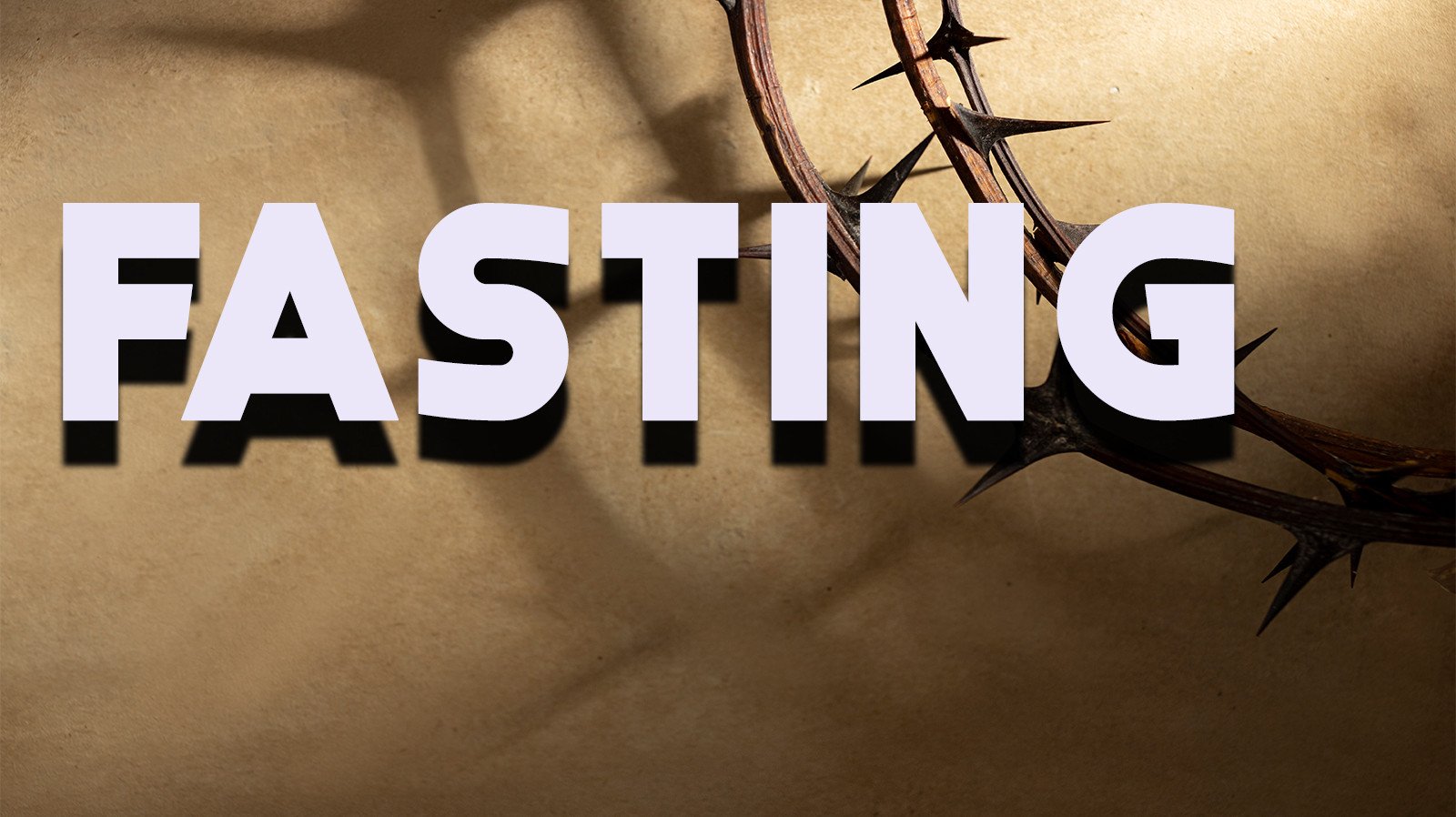Devotionals
FASTING
Fasting is presented as a tool to draw closer to God, often paired with prayer, repentance, and seeking God's will. It’s not simply about abstaining from food; it’s about focusing the heart and mind on God, allowing space for His presence and guidance.
One of the most notable examples of fasting in the Bible is Jesus' own fast in the wilderness. In Matthew 4:1-2, it says, “Then Jesus was led by the Spirit into the wilderness to be tempted by the devil. After fasting forty days and forty nights, he was hungry.” Jesus fasted for 40 days and nights as a way to prepare for the challenges and temptations He would face in His ministry. His fast was not for self-purification but for a deeper connection with the Father and the strengthening of His resolve for the mission ahead.
In the Old Testament, fasting was often associated with repentance and humility. In 2 Chronicles 7:14, God promises, “If my people, who are called by my name, will humble themselves and pray and seek my face and turn from their wicked ways, then I will hear from heaven, and I will forgive their sin and will heal their land.” Fasting is part of this humble posture of turning away from sin and seeking God's forgiveness. In the book of Joel, God calls His people to fasting as a sign of repentance: “Even now,” declares the Lord, “return to me with all your heart, with fasting and weeping and mourning” (Joel 2:12). This shows how fasting was an outward sign of an inner change, an act of returning to God with sincerity.
While fasting is an important spiritual practice, Jesus also taught that fasting should not be done for the sake of outward appearances. In Matthew 6:16-18, He instructs: “When you fast, do not look somber as the hypocrites do, for they disfigure their faces to show others they are fasting. Truly I tell you, they have their reward. But when you fast, anoint your head and wash your face, so that it will not be obvious to others that you are fasting, but only to your Father, who is unseen; and your Father, who sees what is done in secret, will reward you.” This teaching emphasizes that fasting is a personal and private act of devotion, not a public display of piety. Fasting is meant to draw individuals closer to God, not to gain the approval of others.
Fasting continued to be a practice in the early Christian church. In Acts 13:2-3, we see the church in Antioch fasting and praying as they sought God's direction: “While they were worshiping the Lord and fasting, the Holy Spirit said, ‘Set apart for me Barnabas and Saul for the work to which I have called them.’ So after they had fasted and prayed, they placed their hands on them and sent them off.” This passage demonstrates how fasting is a means of seeking God's guidance in important decisions.
Donate us to achive our goal
that they cannot foresee.

